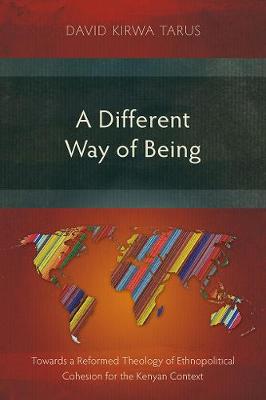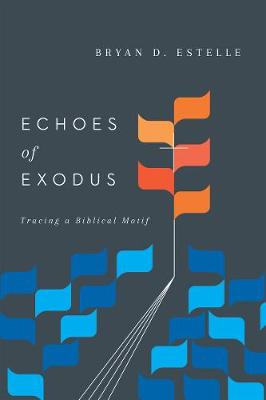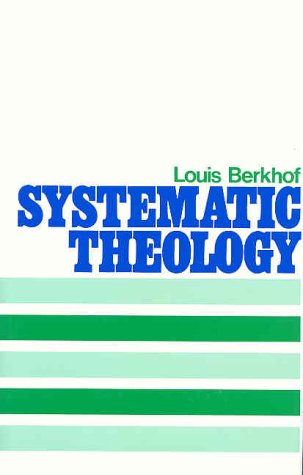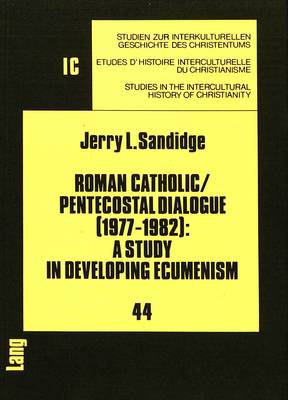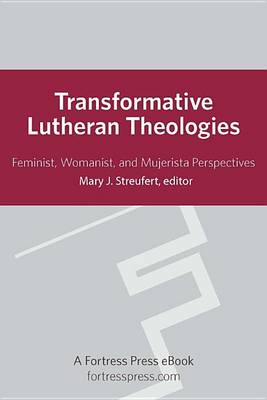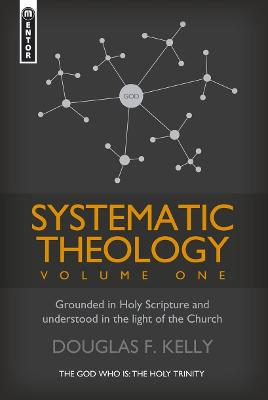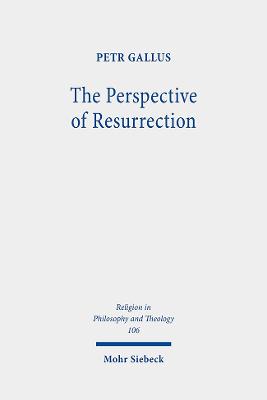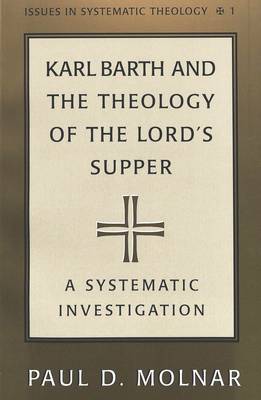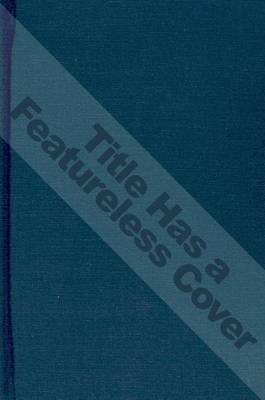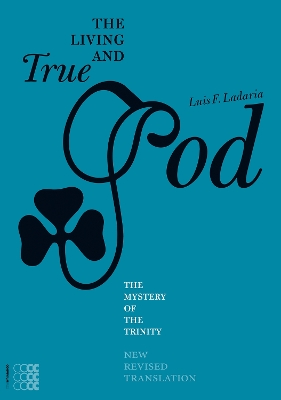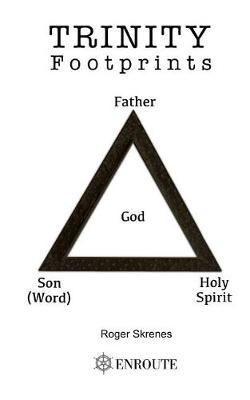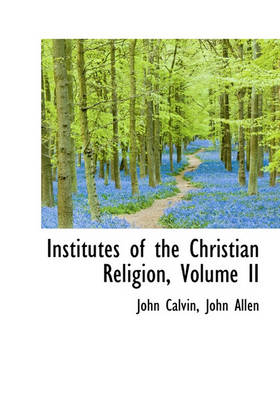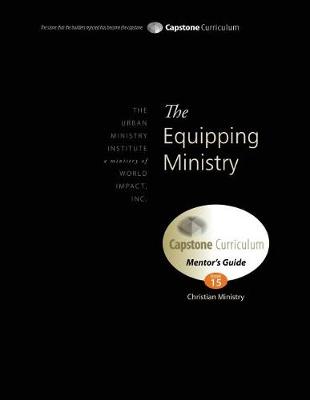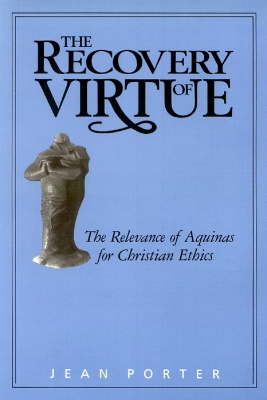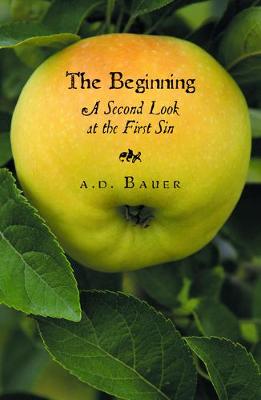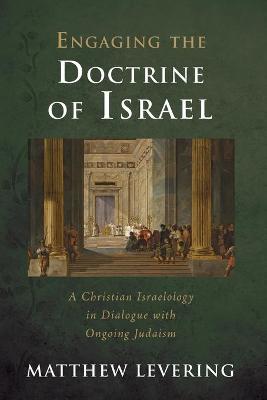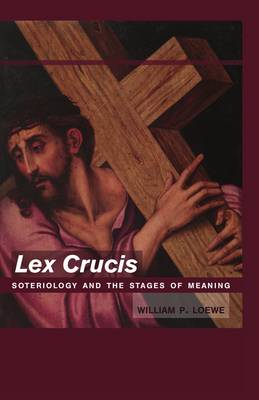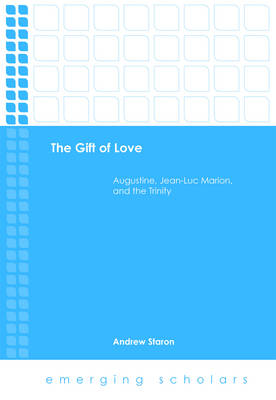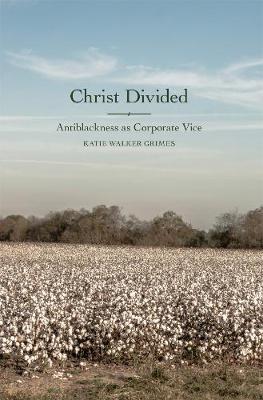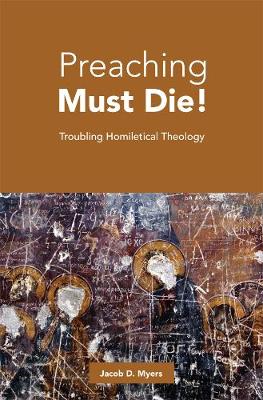Israel's exodus from Egypt is the Bible's enduring emblem of deliverance. It is the archetypal anvil on which the scriptural language of deliverance is shaped. More than just an epic moment, the exodus shapes the telling of Israel's and the church's gospel. From the blasting furnace of Egypt, imagery pours forth. In the Song of Moses Yahweh overcomes the Egyptian army, sending them plummeting to the bottom of the sea. But the exodus motif continues as God leads Israel through the wilderness, mar...
John Calvin and John Owen on Mortification (Critic of Institutions,, #3)
by Randall C. Gleason
"I have written this first volume, thinking of my heritage as both Reformed and Catholic; gladly appropriating crucial insights of the whole people of God over the last two thousand years - Eastern Orthodox, Western Catholic, and Reformation Protestant - as they sought to live out the foundational truths of the inspired Word of God." Doug Kelly
The Perspective of Resurrection (Religion in Philosophy and Theology, #106)
by Petr Gallus
For the Christian faith as well as its theology, the Easter confession of resurrection has always been the fundamental idea. Starting from this elemental perspective and following the notions of internal realism, semiotics and the postmodern paradigm, Petr Gallus reconstructs the central theological locus of Christology as ontological Christology. In so doing, the author examines the traditional Chalcedonian Christology, as well as many Christological concepts of the last decades, following it c...
Divine Illumination (Challenges in Contemporary Theology, #27)
by Lydia Schumacher
In Divine Illumination, Schumacher offers an original approach to Augustine's theory of divine illumination, the precondition of all human knowledge. Written with great originality and clarity, she traces the idea through medieval thinkers, into early modernity, and reveals its importance in modern theories of knowledge. * Takes an original approach to reading Augustine's theory of divine illumination and shows how the theory was transformed and reinterpreted in medieval philosophy and theology*...
Karl Barth and the Theology of the Lord's Supper (Issues in Systematic Theology, #1)
by Paul D. Molnar
Dieser Sonderband beinhaltet die Vortraege von 26 Theologinnen und Theologen aus 12 verschiedenen Laendern, die sich zu einer einwoechigen Internationalen Sommerschule an der Universitaet Regensburg versammelten, um darueber nachzudenken, wie sich Mission und friedliche Koexistenz miteinander vereinbaren lassen. Eine zu beobachtende Zunahme nationalistischer und fundamentalistischer Stroemungen in vielen asiatischen Laendern, in denen Christen weitgehend Minderheiten darstellen, aber auch einige...
Institutes of the Christian Religion, Volume II
by John Calvin and John Allen
By developing a philosophical reconstruction of the moral philosophy that underlies the Secunda Pars of the Summa Theologiae of Thomas Aquinas, Jean Porter illuminates Aquinas' theory of morality and shows its relevance to contemporary Christian ethics.
Christ, the Savior of Israel (Edition Israelogie, #5)
by Michael G. Vanlaningham
In the wake of the Holocaust, a number of influential scholars argue for a bi-covenantal or two-covenant approach to Paul's view of Israel and the Gentiles. They maintain that Israel has always been right with God apart from Jesus Christ, and that the death of Jesus is salvifically relevant only for the Gentiles. Through Him the Gentiles can receive the same blessings the Jewish people possess by virtue of the Law of Moses. The Sonderweg proponents argue that the Jewish people need Jesus, but th...
What is the true story of God and humankind, and how does that story become a saving story? These are pivotal questions that constitute the narratives Christians tell about themselves, their values, and how the Christian life is to be lived. In shaping those stories into a coherent, intelligible framework that provides comprehensive meaning, soteriology-the doctrine of redemption-developed as a keystone to Christian consciousness. This study investigates that development of the soteriological tr...
Bringing the wisdom of generations of black Catholics into conversation with contemporary scholarly accounts of racism, Christ Divided diagnoses "antiblackness supremacy" as a corporate vice that inhabits the body of Christ. To truly understand racial inequality, theologians must acknowledge the existence of "antiblackness supremacy" and recognize its uniquely foundational role in prevailing processes of racialization and racial hierarchy. In addition to introducing a new framework of racial a...
The real question for homiletics in our increasingly postmodern, post-Christian contexts is not how we are going to prevent preaching from dying, but how we are going to help it die a good death. Preaching was not made to live. At most, preaching is a witness, a sign, a crimson X marking a demolition site. The church has developed sophisticated technologies in modernity to give preaching the semblance of life, belying the truth: preaching was born under a death sentence. It was born to die. Only...
